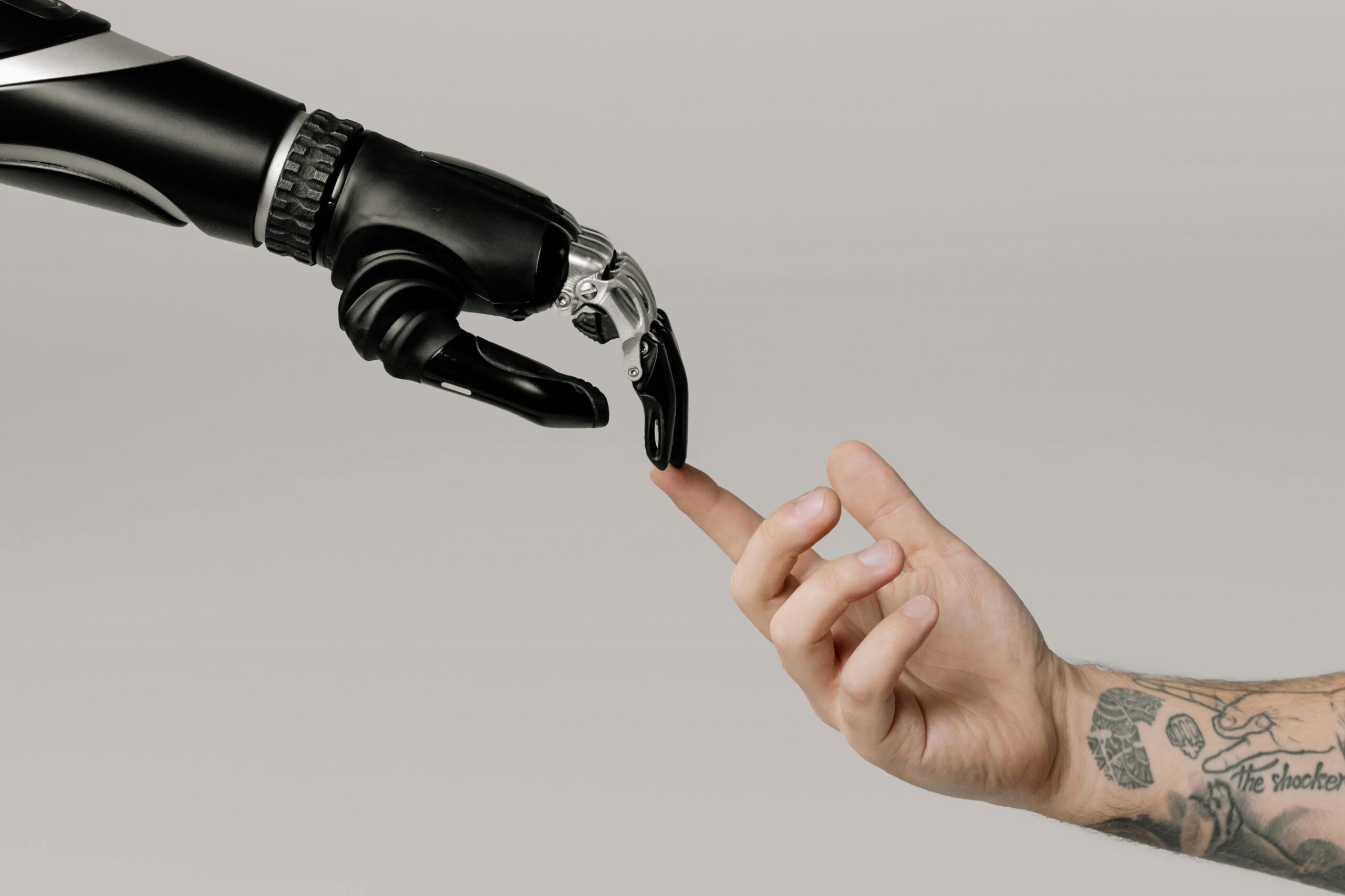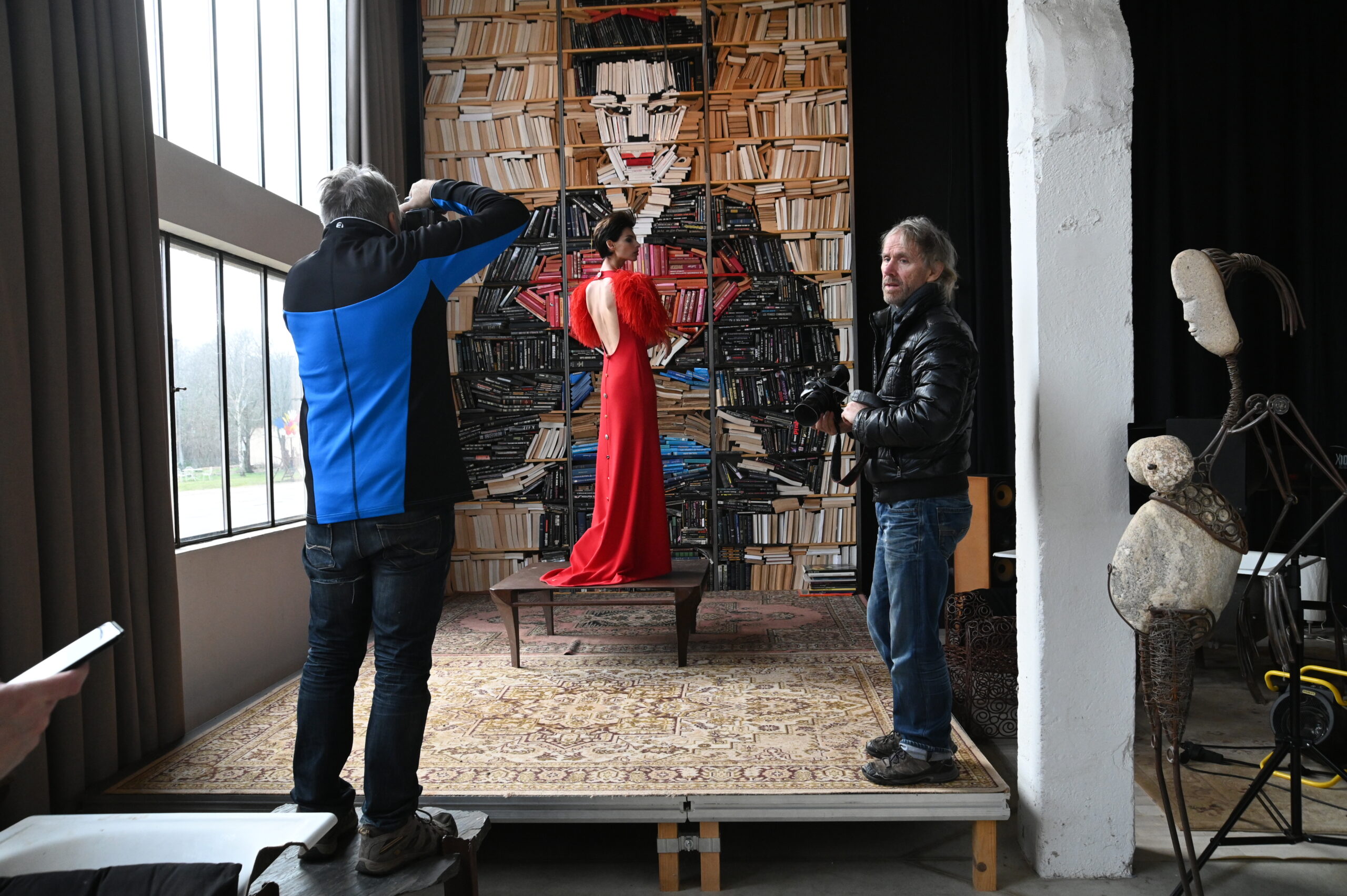Before the read
Yes. From internships to assistant roles, AI is replacing the work that once built real careers from the ground up.
They offer hands-on experience, mentorship, and the chance to learn a system from the inside out—something AI can’t replicate.
You don’t just lose busywork. You lose opportunity, access, and a path for those without insider connections.
Why Entry-Level Jobs Matter
Whenever people panic about AI taking jobs, the debate always circles the glamorous stuff. Screenwriters. Journalists. Artists. Everyone wants to argue whether ChatGPT is about to spit out the next Great American Novel or if an image generator is going to erase illustrators off the map.
But the real story isn’t just at the top. It’s at the bottom. AI isn’t only eyeing the “sexy” jobs. It’s chewing through the grunt work too. The internships, the assistant gigs, the endless note-taking and scheduling chaos that nobody dreamed of making a career out of, but everybody knew was the way in.
Take those stepping stones away, and you don’t just erase busywork. You erase the ladder. The coffee-fetching, panic-proofreading, thankless grind that used to turn nobodies into somebodies.

I know because I climbed it. In Hollywood, breaking out of the assistant pool is one of the hardest jumps you can make. I went from a TV Lit Assistant to a Showrunner’s Assistant. That title change looks minor on paper, but it took half a decade to earn. And I’m still climbing, only now I look back and see the ladder getting pulled up behind me.
Entry-Level Jobs and Where They Take Us
In my first job as a TV Lit Assistant, I answered phones, booked lunches, and plowed through mountains of scripts. None of it made me feel like a writer, but it did teach me the pecking order: whose calls got returned, which scripts mattered, and which ones were dead on arrival.
As a Showrunner’s Assistant, I sat in meetings with my laptop open, speed-typing notes like my life depended on it. But the real work was watching the social dynamics. Who pushed their ideas too hard. Who got ignored. When silence meant “this is dead, move on.” AI can spit out the words, but it misses the power dynamics. The unspoken subtext. Say what you want about AI, but it can’t read a room.

Careers aren’t built overnight, and without entry-level opportunities, they aren’t built at all.
That’s the paradox of grunt work: it was unappreciated, sure, but it was also how you learned the system. Every coffee run, every schedule change, every “can you fix this typo before the table read?” was less about the task and more about proving you could be trusted. That trust was the currency you needed to move up.
Which is exactly what vanishes when AI takes those jobs. You’re not just deleting busywork. You’re deleting the place where people without connections got to learn, build relationships, and earn a shot.
AI, the New Face of Gatekeeping
Hollywood executives love to act like every hiring decision is life or death. Relax… You’re not curing cancer, you’re casting a teen drama. The stakes aren’t that high. And yet, AI is being rolled out like it’s the miracle solution to a crisis no one asked to be solved.
Assistant jobs were hardly perfect—they were exhausting, underpaid, and often humiliating. I’ve seen interns get ripped apart over typos, assistants too scared to leave their desks for a bathroom break, and yes, actual objects thrown across an office. Suffering through it was simply how it was done. A twisted rite of passage. You took the hits, you swore you’d never repeat the cycle, and then one day you caught yourself snapping at the new kid. Tradition.
Answering phones, taking coffee orders, and juggling five calendars wasn’t glamorous, but it put you close enough to see how the machine really worked.
The point isn’t to romanticize the abuse. Those toxic conditions should’ve been fixed decades ago, and it wasn’t until the Me Too movement that much of it was even exposed. What’s worth recognizing is that the jobs themselves mattered, because they gave young people a front-row seat to how the business actually works.

It’s Not Just Hollywood
This isn’t just a Hollywood problem—we’re just the ones who won’t shut up about it. Every field has its own version of the assistant pool, and AI is coming for all of them.
In law, junior associates used to drown in case law until they figured out what actually mattered. Miserable? Yes. Necessary? Also yes. Now AI spits out the “relevant” precedents in seconds. Great for partners padding their billables. Disastrous for the kid who never builds the instincts to spot a weak argument on their own.
Or journalism. Interns once spent days transcribing interviews and chasing down the spelling of the mayor’s third cousin’s name. It was hell. But it’s also how you learned to listen—to tell when someone’s dodging, lying, or just doesn’t know what they’re talking about. A transcript app won’t teach you that. Much like a writers’ room, it’s imperative to be able to read a room.
In healthcare, medical scribes shadowed doctors, building the foundation for bedside manner. Now, AI charting systems are taking over. In finance, junior analysts once cut their teeth building models by hand. Now, predictive AI does it in seconds.
Even politics had a ladder. Staffers got their start answering phones or stuffing envelopes. Menial, yes. But that’s where you learned what voters actually cared about. Now campaigns brag about AI tools that draft constituent replies. And then they wonder why nobody trusts politicians to sound like humans.
So no, it’s not just Hollywood being dramatic. The grunt work is vanishing everywhere, and with it, the only shot people had to figure out how the system actually runs.
The Myth of Skipping Steps
The defenders say, “AI will free people up for more creative work.” Cute. But who gets the creative work if you never learned the system? Only the people who did their time before AI gutted the ladder.
You don’t run a writers’ room if you’ve never taken notes in one. You don’t negotiate a deal if you’ve never seen one unfold. You don’t produce a show if you’ve never seen the pieces collide. The grunt work is the glue. Without it, the structure collapses.

What We Really Lose
Assistants aren’t disposable. They’re the connective tissue. They keep productions alive, offices functional, and deals from falling apart. They’re tomorrow’s executives and showrunners, learning by doing.
AI doesn’t mentor. AI doesn’t explain. AI doesn’t pull you aside after a tense meeting and say, “Here’s what that really meant.” It just replaces you. And when you replace assistants with automation, you’re not saving money, you’re hollowing out the future.
Where the Ladder Ends
Looking back, the grunt work was never glamorous. It was answering phones, getting yelled at, and praying the copier wouldn’t jam when your boss was in a mood. But it was the ladder. It was how people like me clawed their way in. Now AI is taking those jobs, and executives act like it’s “innovation.” Please. You’re not building a smarter industry, you’re just making sure the only people left are the ones who were already in. Call it what you want, but AI isn’t progress—it’s the world’s most expensive intern.
And unlike the real ones, it doesn’t even bring coffee.
More by this author
The Wrap
- AI taking jobs doesn't just impact top-tier positions; it erases the stepping stones many rely on to start their careers.
- Entry-level roles like assistants, interns, and junior analysts once offered critical insight into power dynamics, mentorship, and real-world skills.
- Grunt work was never glamorous, but it fostered growth, built trust, and opened doors for people without industry connections.
- Every sector—from Hollywood and journalism to law and politics—is losing foundational training roles to automation.
- The common claim that “AI will free people for creative work” ignores the truth: skipping steps means fewer people ever reach those roles.
- Without these base-level jobs, industries risk becoming even less inclusive and more closed-off to outsiders.
- The future of work must account for how careers actually begin, not just how efficiently tasks get done.































